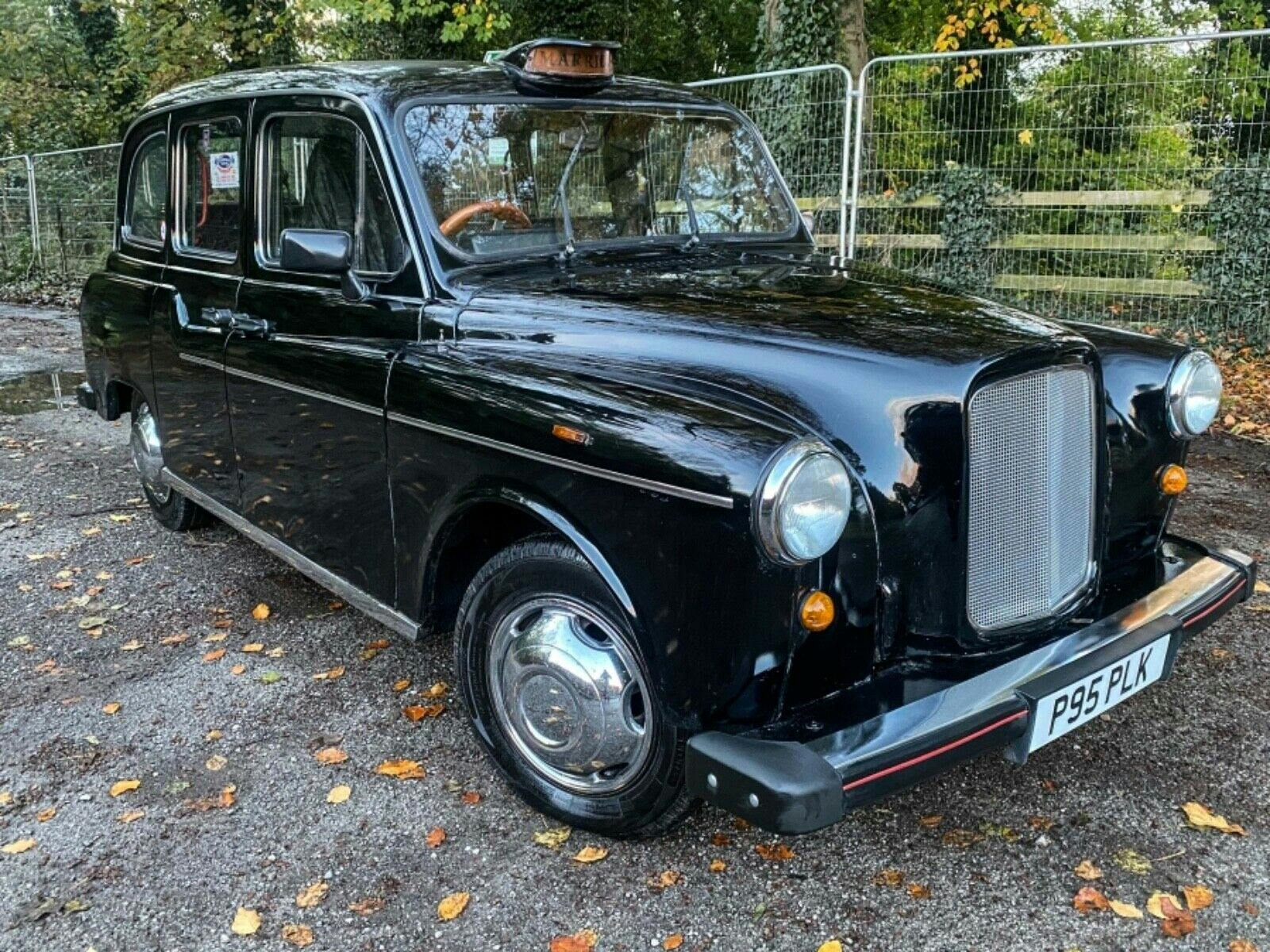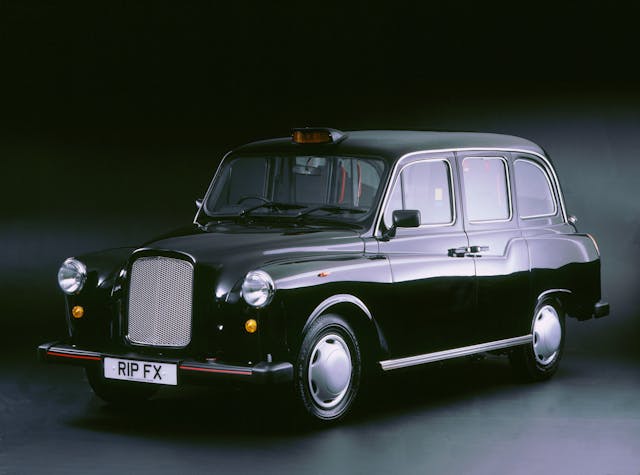Media | Articles
Uber opens door to London’s black cab drivers from 2024
It hasn’t quite reached six-shooters at dawn, but the relationship between London’s black cabbies and tech startup Uber’s ride-hailing service hasn’t always been the easiest one. That looks like it is changing, though, as Uber has opened up its service to London’s own black cab-driving, Knowledge-toting drivers, with a service rolling out in early 2024.
While app-based ride-hailing and the traditional Hackney Carriage service seem similar on paper—each ultimately a way of getting you from one place to the next in the back of a car—the two haven’t been easy bedfellows in practice.
London’s cabbies are famously some of the most experienced in the world. Each and every one of London’s black cab drivers is required to take a test called The Knowledge, to demonstrate a mental map of every street and significant destination in the capital. The taxis themselves have to meet tough conditions to make them suitable for the job—including an ultra-tight turning circle (based on the ability to turn around the small roundabout at the Savoy Hotel) and, more recently, wheelchair accessibility.

Uber drivers, as you’ll know if you’ve ever used the service, don’t have to meet quite the same requirements. Many will spend the first moments of any journey prodding your street into a satnav, and while plenty of drivers seem to have settled on certain models like the Toyota Prius or Skoda Octavia as a cost-effective way of ferrying passengers, car choice is mostly down to driver preference—and few are as spacious or accessible as a black cab.
Uber though has been working hard to partner with the world’s legacy taxi services, and has already done so in places like New York and Paris. The result should hopefully mean less friction between the new and old, but also a better service for passengers.
Marketplace
Buy and sell classics with confidence
Cabbies signed up to Uber will still be able to stop if you wave them down at the side of the road, but you’ll also be able to reach them through the Uber app, as you can with existing Uber drivers. Hameed Hameedi, the first London cabbie to sign up with Uber, explained the benefits by saying, “App bookings are good for me because I know where my next job will be so I don’t miss any time searching on the streets for the next job. Ultimately, more passengers booking trips means more cash for cabbies.”
Uber hasn’t revealed how many London taxi drivers have signed up just yet, but is hoping to tempt them in with a 0 percent commission rate for the first six months—so drivers should be able to make the most of those early trips. If it proves lucrative for the capital’s traditional cabbies, we’d expect plenty to sign up.
There is one other benefit, too. Given Uber’s international reach, it should make things even easier for tourists visiting the capital if they already use Uber in their own countries. Hailing a cab can be daunting for someone in a new city, but it might now be just a little easier.
***
Check out the Hagerty Media homepage so you don’t miss a single story, or better yet, bookmark it. To get our best stories delivered right to your inbox, subscribe to our newsletters.





I read an article, Car and Driver iirc, about 5 years ago that strongly suggested Uber wasn’t making a profit but was merely riding stock-market valuations higher by expanding market. That writer suggested the only way Uber was actually a profitable model was to significantly hike fares, something that would occur in markets once traditional services were strangled out.
Would love a follow up on that piece with modern information/context.
My jurisdiction heavily (ridiculously some would say) regulates taxis, hotels and motels and running a B&B is a fair share of hurdles. Uber (and other ride shares) and the airbnb type business models skirt all the oversight and costs which is a huge competitive advantage.
We’re now seeing significant push back against the short term rentals.
Does Uber make a profit or is it still bleeding money?
At first blush, reading the title, I thought this was a race-related article.